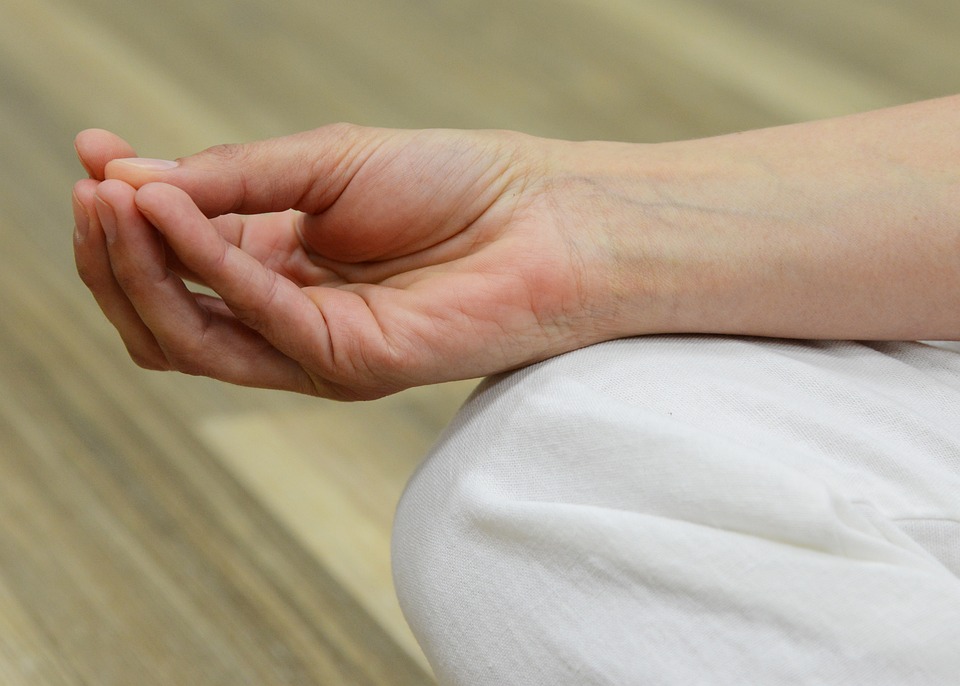Spiritual Devotional about Inner Peace
Finding Inner Peace
Inner peace is a state of calmness and tranquility that comes from within. It is a sense of harmony and contentment that allows you to navigate through life’s challenges with grace and ease.
Tips for Cultivating Inner Peace
1. Practice Mindfulness: Take time to be present in the moment and appreciate the little things in life. This can be as simple as focusing on your breath, taking a walk in nature, or savoring a cup of tea.
2. Let Go of Control: Understand that you cannot control everything in life. Accepting this and letting go of the need to control every outcome can bring a sense of freedom and peace.
3. Cultivate Gratitude: Focusing on what you are grateful for can shift your perspective and bring a sense of peace. Keep a gratitude journal or simply take a moment each day to reflect on the blessings in your life.
4. Seek Support: Surround yourself with positive and supportive people who lift you up and bring joy to your life. Connecting with others can bring a sense of belonging and peace.
Benefits of Inner Peace
When you cultivate inner peace, you can experience a variety of benefits, including reduced stress, improved relationships, enhanced creativity, and a greater sense of overall well-being.
Remember, finding inner peace is a journey, and it may require practice and patience. But with dedication and a willingness to grow, you can nurture a sense of peace that radiates from within and positively impacts every aspect of your life.
[email-subscribers-form id=”1″]
Q&A about Inner Peace
Q: What is inner peace?
A: Inner peace is a state of harmony and tranquility within oneself, where you feel calm, content, and balanced.
Q: Why is inner peace important?
A: Inner peace is important for overall well-being and mental health. It can help reduce stress, anxiety, and improve one’s ability to cope with life’s challenges.
Q: How can one achieve inner peace?
A: Achieving inner peace can be done through practices such as meditation, mindfulness, self-reflection, and seeking support from others. It’s a personal journey that may require patience and self-care.
Q: What are some signs that indicate a lack of inner peace?
A: Signs of a lack of inner peace may include feeling constantly stressed, anxious, or overwhelmed, having difficulty managing emotions, struggling with self-doubt, or feeling a sense of inner turmoil.
Q: Can external factors affect inner peace?
A: Yes, external factors such as relationships, work, and environment can impact inner peace. It’s important to cultivate coping strategies and healthy boundaries to navigate external stressors.

Choose The Life You Want

